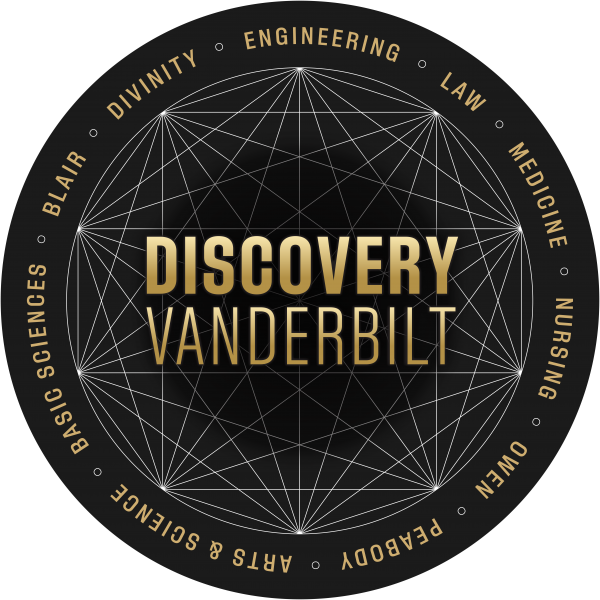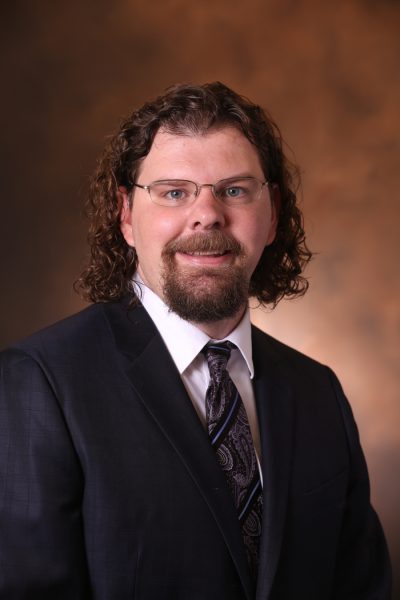Vanderbilt University has created a transformational lab focused on leveraging immersive translational AI to drive discovery across disciplines ranging from medicine and materials science to the humanities, social science and education.
The new Vanderbilt Lab for Immersive AI Translation (VALIANT) will act as a dynamic regional Translational AI hub, as well as serve as a center of gravity for strategic national partnerships and engagement in AI policy. Researchers in computer science, electrical and computer engineering, and biomedical engineering are engaged with as many as 350 interdisciplinary co-authors throughout Vanderbilt and Vanderbilt University Medical Center.
 “By launching VALIANT as a Discovery Vanderbilt center, we are underscoring our profound commitment to utilizing transformative technologies for innovation across diverse fields,” said C. Cybele Raver, provost and vice chancellor for academic affairs. “By serving as a hub for translational AI and interdisciplinary collaboration, VALIANT embodies our dedication to pushing the boundaries of knowledge and addressing today’s complex challenges.”
“By launching VALIANT as a Discovery Vanderbilt center, we are underscoring our profound commitment to utilizing transformative technologies for innovation across diverse fields,” said C. Cybele Raver, provost and vice chancellor for academic affairs. “By serving as a hub for translational AI and interdisciplinary collaboration, VALIANT embodies our dedication to pushing the boundaries of knowledge and addressing today’s complex challenges.”
Discovery Vanderbilt is an initiative led by the Office of the Provost and is one of three pathways in the university’s Dare to Grow campaign to support and extend the resources underpinning Vanderbilt’s most innovative research and education.
Previously announced centers include the Vanderbilt Center for Addiction Research, the Vanderbilt Policy Accelerator, the Vanderbilt Center for Research on Inequality and Health and, most recently, the Vanderbilt Center for Sustainability, Energy and Climate.

VALIANT will be led by Bennett Landman, a preeminent scholar who holds the Stevenson Chair of Electrical and Computer Engineering and has joint appointments in computer science, biomedical engineering, radiology and radiological sciences, psychiatry and behavioral sciences, biomedical informatics, and neurology. Landman also serves as chair of the Department of Electrical and Computer Engineering.
“Professor Landman’s vision for VALIANT is nothing short of inspirational,” said Krish Roy, Bruce and Bridgitt Dean of Engineering and University Distinguished Professor. “He has a deep understanding of AI’s potential, coupled with a passion to explore the many innovative ways to use the technology to improve the lives of everyone in our local communities and throughout the region.”
Tapping into Vanderbilt’s broad faculty expertise, VALIANT seeks to connect research efforts in translational AI to drive discovery in three primary areas:
- Medicine
- Materials
- Humanities, social science and education
The Lab’s AI Scholars and AI Faculty Fellows programs for doctoral students and faculty researchers, respectively, will provide excellent growth opportunities for its members. VALIANT will also leverage an existing network of international research collaborators to engage industry, visiting scholars and student trainees from around the world. Additionally, VALIANT plans numerous bridge programs and institutional partnerships to foster regional collaborations throughout Middle Tennessee.